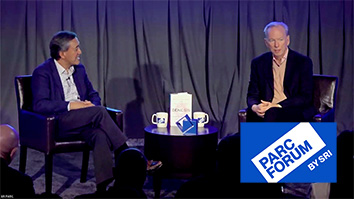Citation
Penuel, W. R., Riel, M., Joshi, A., Pearlman, L., Kim, C. M., & Frank, K. A. (2010). The Alignment of the Informal and Formal Organizational Supports for Reform: Implications for Improving Teaching in Schools. Educational Administration Quarterly, 46(1), 57–95. https://doi.org/10.1177/1094670509353180
Abstract
Previous qualitative studies show that when the formal organization of a school and patterns of informal interaction are aligned, faculty and leaders in a school are better able to coordinate instructional change. This article combines social network analysis with interview data to analyze how well the formal and informal aspects of a school’s social context are aligned. The focus is on two elementary schools engaged in initiatives aimed to use data to inform instructional decision making. The multimethod case study integrated findings from questionnaire and interview data. Data were collected over two years from case study schools. By fitting multilevel social selection models to longitudinal social network data collected from surveys, the authors estimated the relative influence of formal and informal processes on patterns of advice giving in each school. They used interview data to contextualize and corroborate findings. The social selection models they fit revealed distinct patterns in each school that helped explain why one school had been successful in developing a shared vision for change and a second school had been unsuccessful. The authors’ research shows that efforts to promote formal collaboration can and do vary in their success in ways that are evident from social network analyses. These case studies imply directions for future analyses of the social context of teaching and schools.


